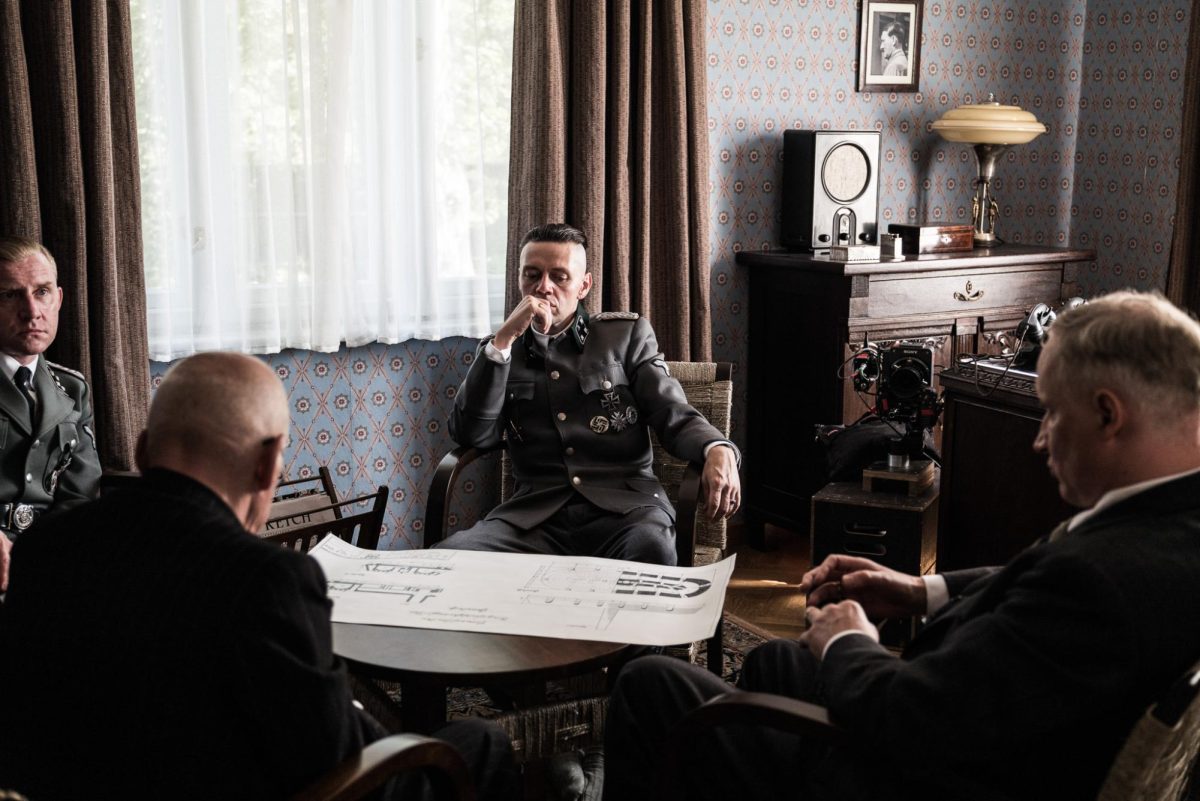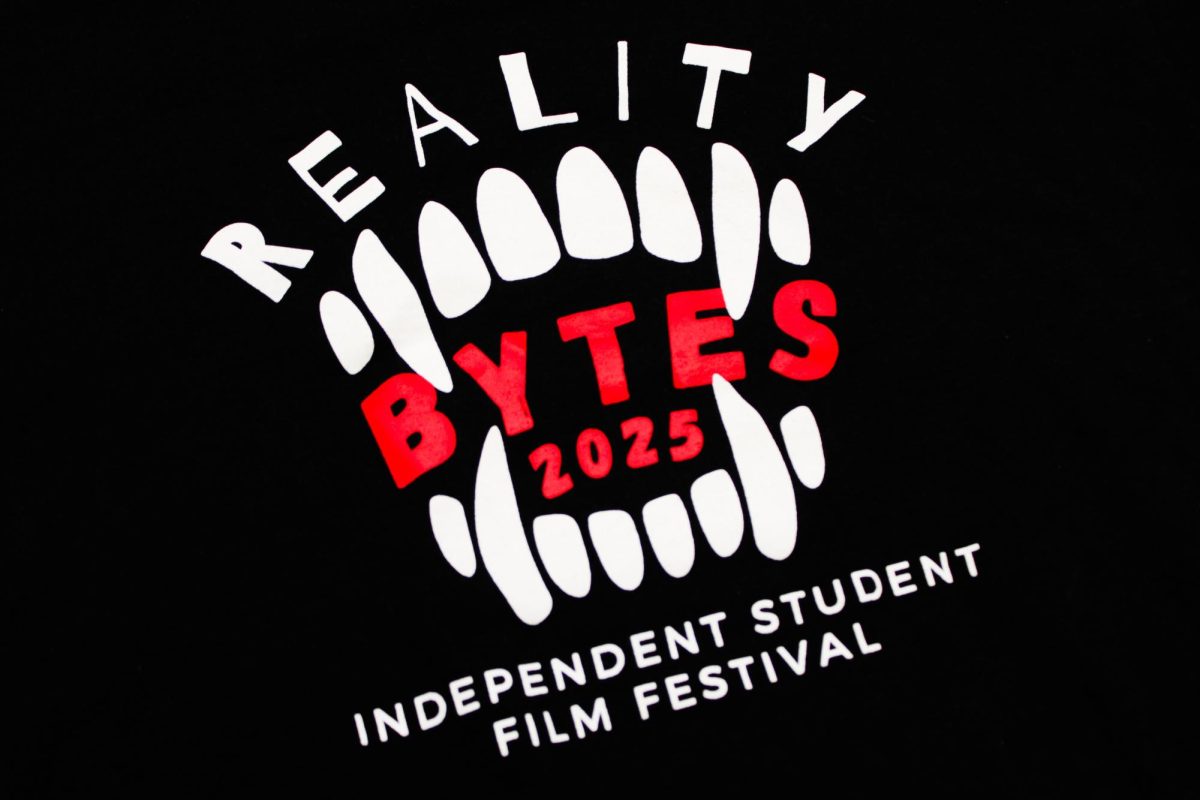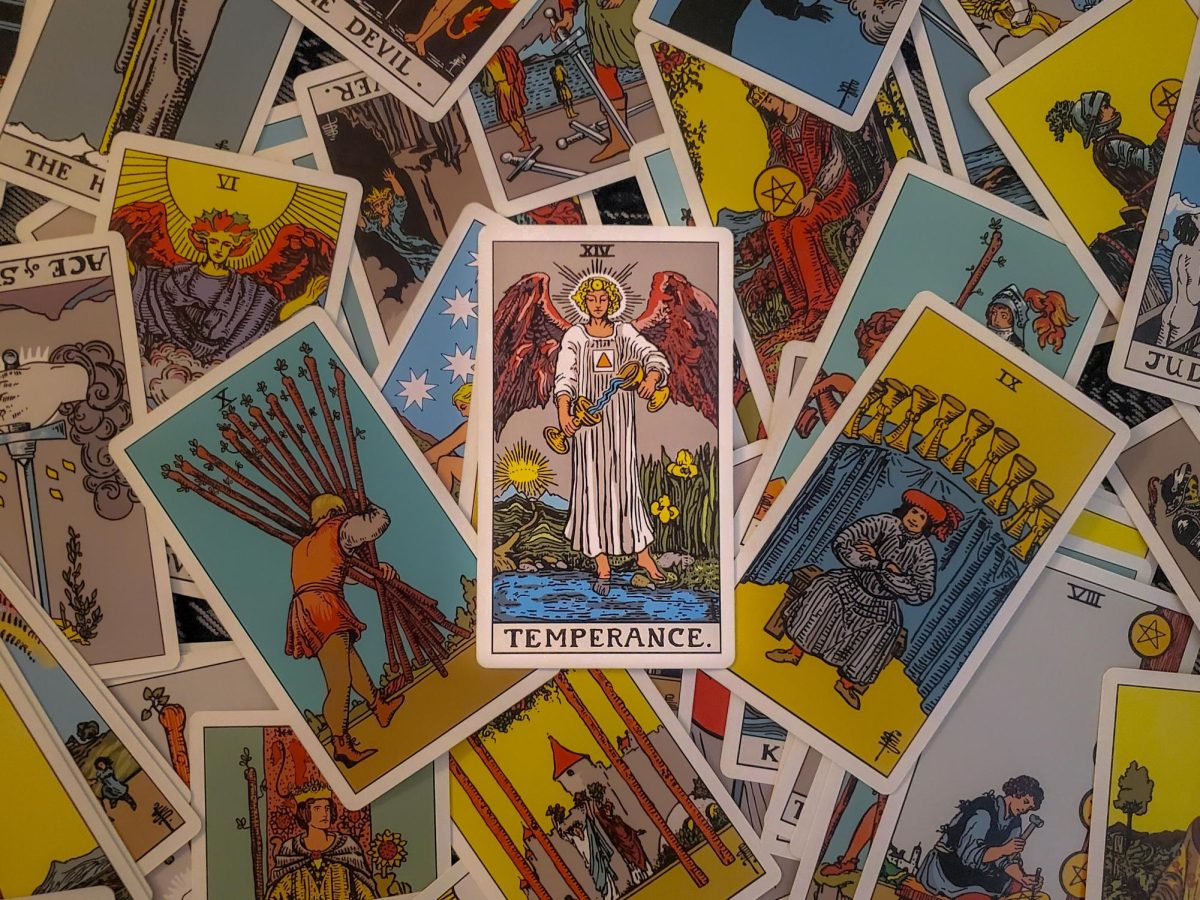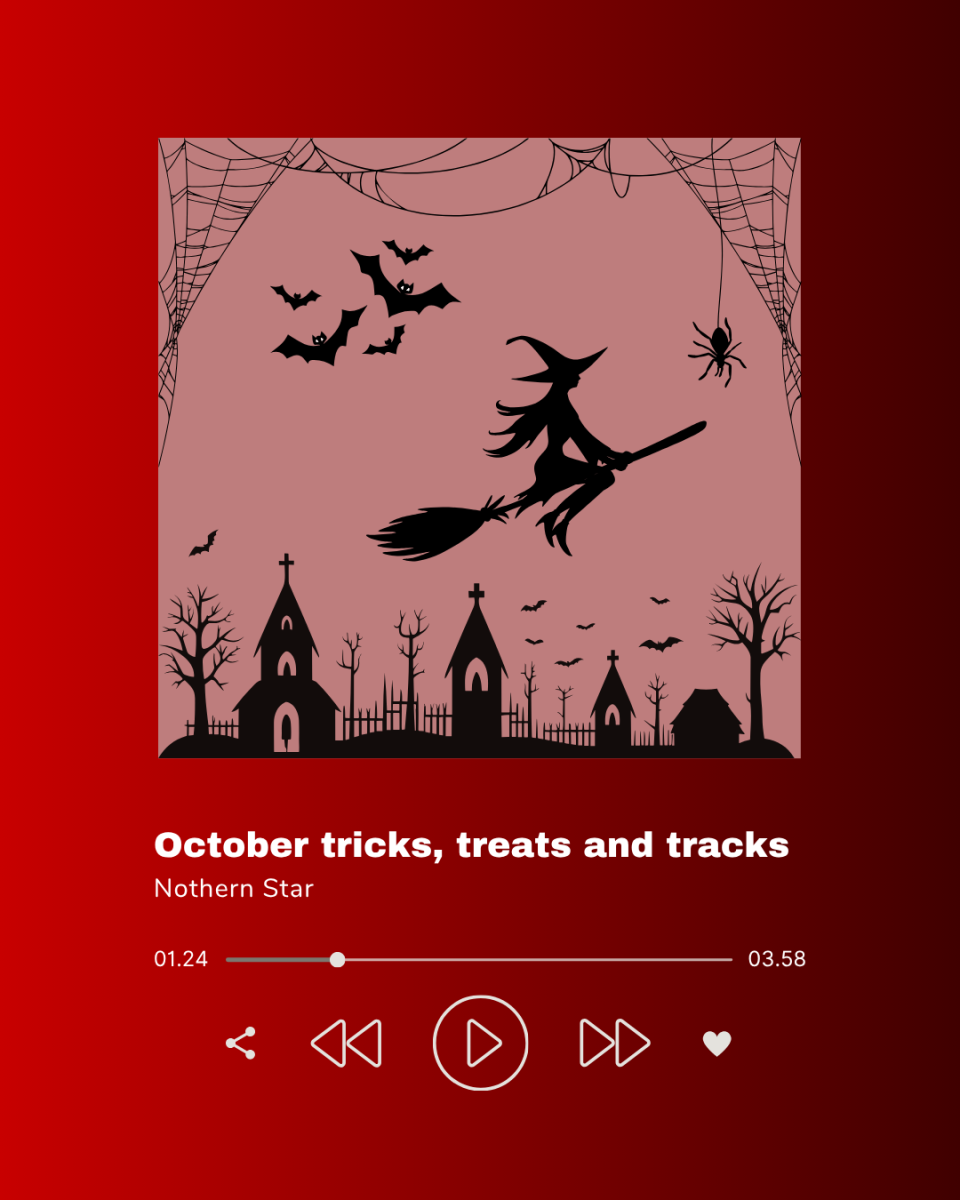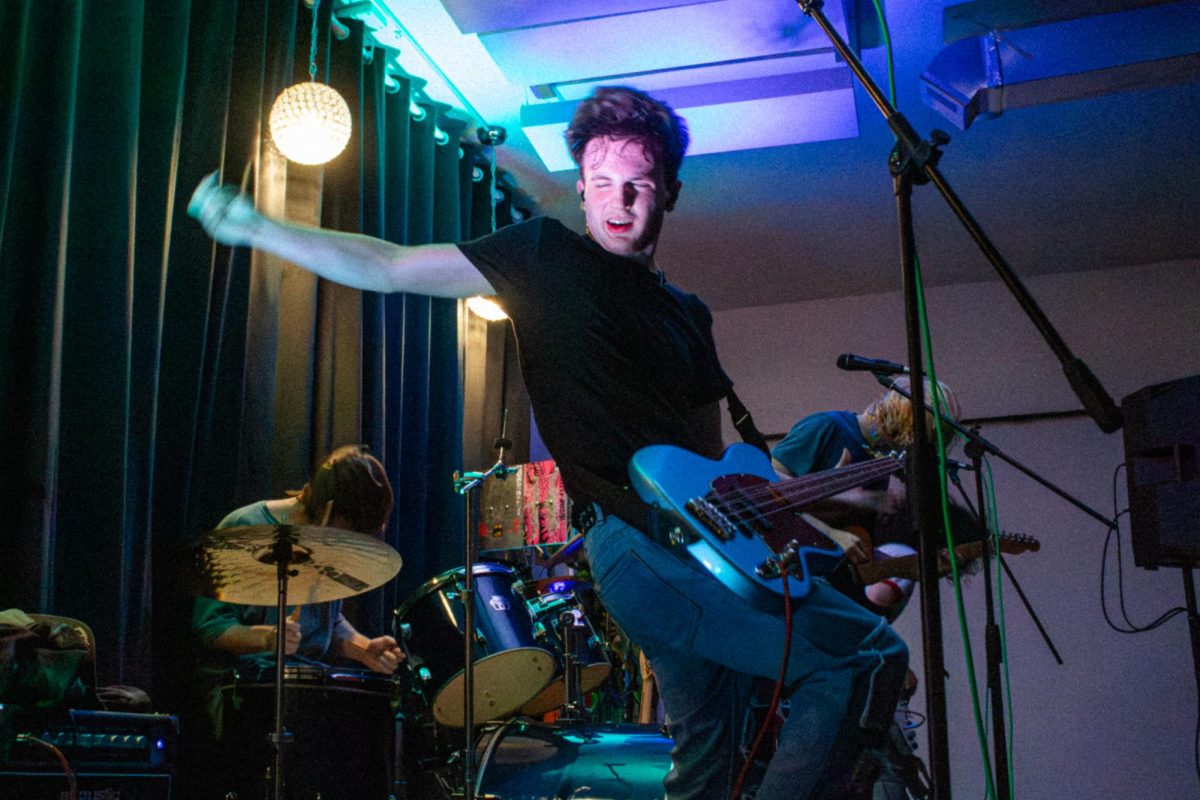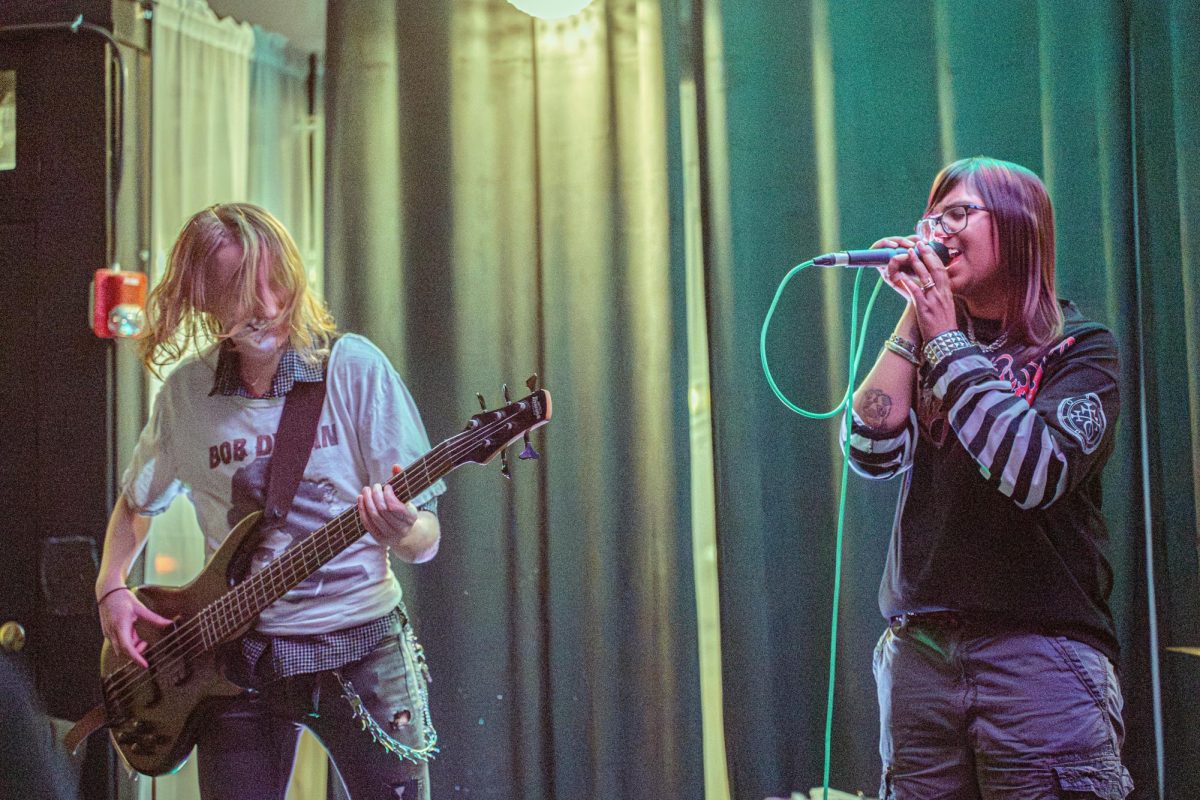A film that follows a Nazi commandant while not showing any of the concentration camps and instead uses sound as a means of navigating the experience of the banality of evil sounds like something great.
Having it be directed by Jonathan Glazer and, more importantly, having it star Sandra Hüller makes “The Zone of Interest” even more intriguing.
Five Oscar nominations later, it’s clear the film is beloved by some.
And yet, it doesn’t do anything too great. It’s kind of just fine.
To contextualize the film, one has to place themselves in history. I saw this movie on Sunday, the day after the 79th anniversary of the liberation of Auschwitz.
What this means to the film is more than just an anniversary.
Film – like any other art form – seeks to understand something that isn’t understandable, and with “The Zone of Interest” that non-understandable thing is the Holocaust.
In discourse surrounding the Holocaust, one of the big terms used recently is the banality or the mundanity of evil.
Anyone who has spent time thinking about, taking in art about or reading about the Second World War knows the term and knows art produced about the war often centers around this banality.
Thus, for me, “The Zone of Interest” does not do anything new.
Yes, its use of sound is wildly creative and a terrific, and terrifying, way to look at the mundanity of evil. Yes, it does a great job of making the commandant and his family feel like humans – specifically when it comes to their relationship with beauty and opulence. And yes, the film builds around the normalcy inherent in Nazi conversation.
But still, these factors aren’t anything new to people who look at this type of film.
Again, I’m not trying to say that the film is bad in any way, shape or form.
There are so many good things about it.
The acting, specifically by Hüller and Christian Friedel’s leading performance, is perfectly nuanced and quiet.
The shot selection and creation are gorgeous. To my eye, there is not a shot misused or even slightly less than pristinely beautiful.
However, to take up the helm of making a film about the Holocaust requires the film to do something worthy of bringing up this hallowed subject.
The film is not focused or developed.
It needs to either add an hour so it can take longer to look at the entire family or it needs to cut an hour and become a focused short about the sounds of Auschwitz. Either way, the film doesn’t need the time it has, and/or it doesn’t have all of the time it needs.
Critics may be lauding the film’s subtleties and how it humanizes Nazis – and thus makes them worse – but these aren’t things that are necessary in the discourse.
Simply put, it’s a movie about WWII made for people who want an interesting formal approach to the same, tired analysis of Nazism.
As one Letterboxd user put it, “Its fantasies about nazis are almost too perfect designed to let the cultured audience sit at a comfortable place, with the state killing machine and its representation contained in a tiny ideal box of total anti-cinema.”
Some people believe the film is a critique of Israel, saying the film shows how the struggle of people is often pushed to the background. But, the film just feels like an artsy way to pacify yourself into believing you’re smart or woke or something.


